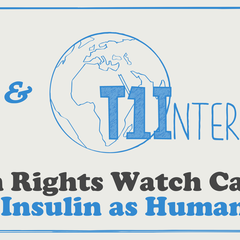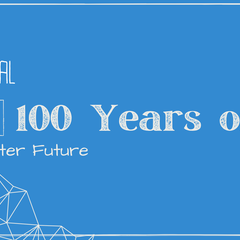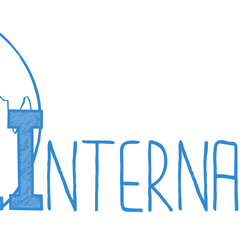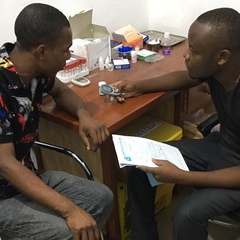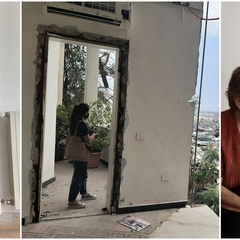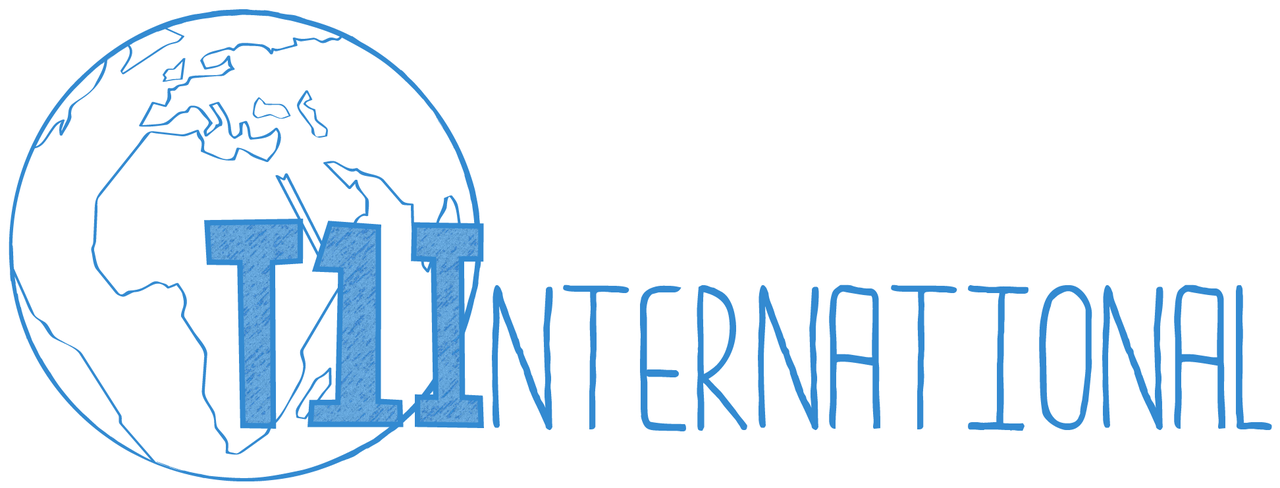
6 Strategies for Ethical Patient Engagement
18 Feb 2022, 10:33 a.m. in #insulin4all USA, News & Statements by T1International
T1International supports volunteer advocates living with diabetes around the world with tools, resources, and trainings to stand up for their rights so that #insulin4all becomes a reality. Our Advocates determine what issues are most pressing in their communities and decide on the starting point for change. We center patient priorities from the beginning and build our structures, processes, and tools around those priorities.
More and more organisations today, from NGOs to global health alliances, are expressing a need for patient engagement and claiming to be patient-informed. As a patient-led organisation, we have noted that patient engagement is often well-intentioned but misguided. While patients might be acknowledged as experts on an event flyer or web page, that expert status does not necessarily mean they are compensated equitably or that their perspectives are valued and/or integrated comparably to other accepted experts, such as physicians or academic researchers.
When it comes to lived experience, there is no greater expertise than patient expertise. Below, we offer some questions for reflection to guide you towards ethical patient engagement as you plan your event, conference, alliance, or organisational structure.
1. Are you compensating patients as experts?
Patients are experts in the field, living day in and day out with their health conditions. Patients know the emotional and physical toll of chronic health conditions better than any medical professional ever can. Ethical patient engagement means paying patient representatives comparably to other expert speakers and reimbursing patients for all costs tied to participation such as travel, lodging, internet data, etc.
- What if the organizers are not paying any speakers, panelists, or contributors? If an event or alliance is completely volunteer-based, it is still important to consider whether others are being compensated in a way that patients are not. For example, are some speakers at your event attending as part of their professional role and thus being paid through their wages? An endocrinologist who ‘speaks for free’ at a conference is still benefiting by furthering their collaborations and research agenda and potentially being paid for their time through their employer. Conversely, participation can actually come at a cost for patients, who may be taking time away from paid work and family responsibilities to attend.
- That said, sometimes events really cannot offer a budget for speakers. In this case, make sure patient representatives know that all speakers and attendees are volunteering their time to be there. It is important to offer patients some sort of documentation for their participation, so that they may utilize this experience as they advance their advocacy or career.
2. Have patients been involved in planning, leadership, and creating the overall strategy?
It is not meaningful patient engagement to invite patients to the table after all the decisions have been made, nor is bringing in patients when it is time to promote an agenda, rather than during agenda-forming. Meaningful, ethical engagement means patients must be involved from the very start of a process and must occupy leadership roles (compensated comparably to others) in organisational planning committees.
We have seen time and again patient voices being brought in at the last minute to share sad stories or help emphasize a point that fits with the predetermined strategy of the organisation. Using patient trauma to garner funds or support is not ethical engagement. Patients should be given time to speak to an issue from multiple angles that are important to them, rather than being brought in to put a face to the issue in a tokenistic way.
3. Have you informed patients of the purpose behind their participation?
It can be a real honor to speak about one’s experiences, especially for a large global organisation or alliance. But patients should be fully informed about the purpose of their participation ahead of time, before they are asked to commit to an opportunity. This means knowing whether the intent is to inspire, educate, fundraise, or influence decisions being made. Patients should also be provided with an outline of topics they are meant to cover, any costs to them, and the time commitment, both day of and in planning. They should be informed if they are being invited specifically to fill a role including but not limited to as a patient, someone who identifies as a person of color, or a patient from a specific region or background.
4. Are patients aware of all event sponsors and where any money raised at the event is going?
Patients are aware that the insulin and diabetes supply crisis is partly a result of price-gouging on the part of pharmaceutical and related industries, and they deserve to know if pharmaceutical or device companies are playing a significant role in the event (funding it or otherwise), or if event organizers are receiving compensation or industry sponsorships. Patient representatives should be consulted during the planning and fundraising process so that their preferences can be taken into account when it comes to affiliating with pharmaceutical or device companies. Transparency is key here. Not all patients will refuse to be involved in pharma sponsored events, but it is important that everyone is aware of sponsors and fundraising efforts, and that everyone understands the power dynamics at play in order to make an informed decision about their participation.
5. Are you using the same individuals again and again or representing only a few regions or issues?
While the diabetes community can seem quite small, this is partly because organisations seldom go the extra mile to engage with patients who may be harder to reach than those first few individuals who come to mind. While we love seeing our Advocates speaking at conferences and events and sitting on advisory committees, it is not one individual’s responsibility to shoulder these tasks alone, or to represent the entire diabetes community or a whole country/region. Ethical patient engagement means working harder to build genuine relationships with patients and offer opportunities to more individuals in less-represented countries or regions. This may mean thinking more expansively about how to support patient representative during preparation, including providing a stipend for internet/phone data, offering alternative modes of engagement, such as pre-recorded videos to support those in different time zones and with unstable internet connections, and making sure events, alliances, or projects are accessible in as many languages and formats as possible, to name a few. It may also mean providing translators so that patients can speak about these powerful and extremely personal topics in their native language.
6. Is there a clear plan for how patient contributions will inform any work moving forward?
Remember, patient representatives are willing to do the extra work of advocating for the diabetes community and sharing their intimate knowledge because they believe it will result in change. If patient engagement is simply a public relations effort, patients will not see meaningful change come from their participation. This can contribute to distress and distrust at an individual and community-level. Most critically, it is exploitation. Remember that ethical patient engagement means treating patient perspectives with respect and working with them to create genuine, long-term change.




